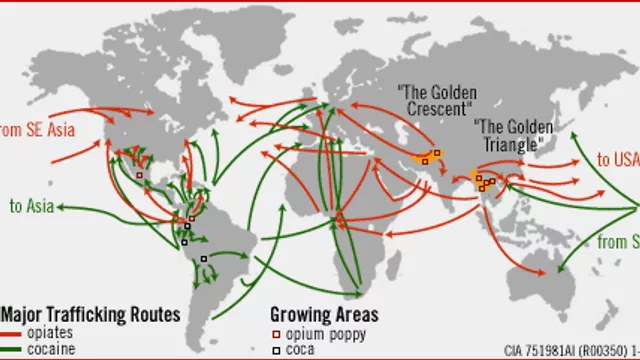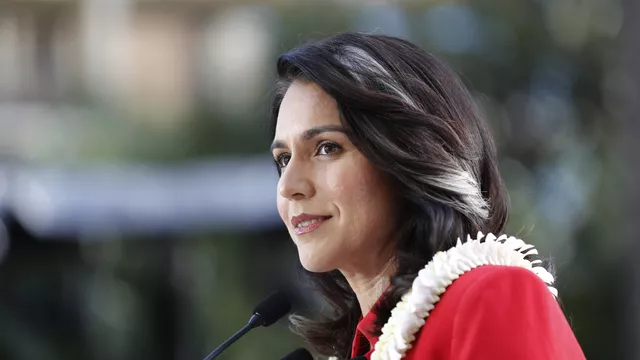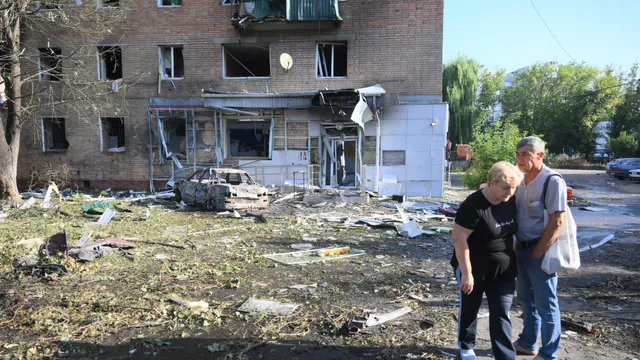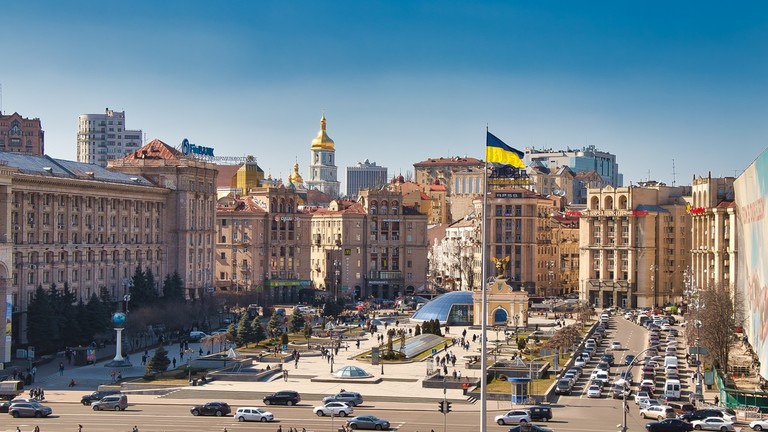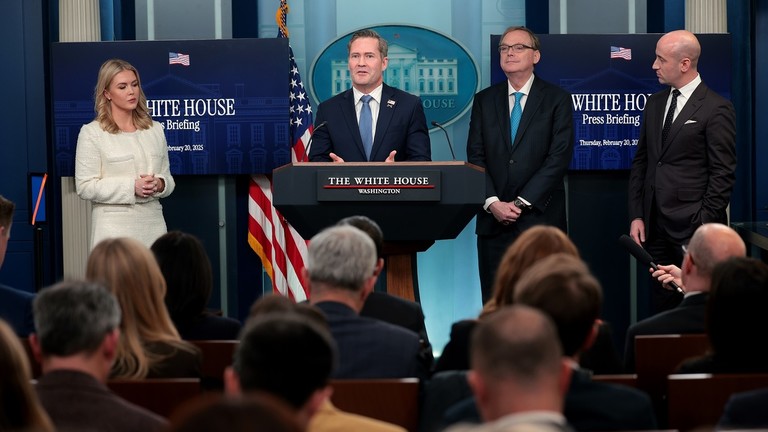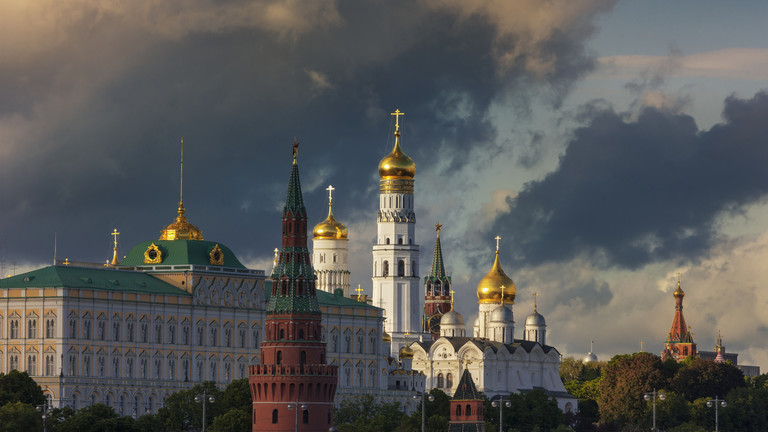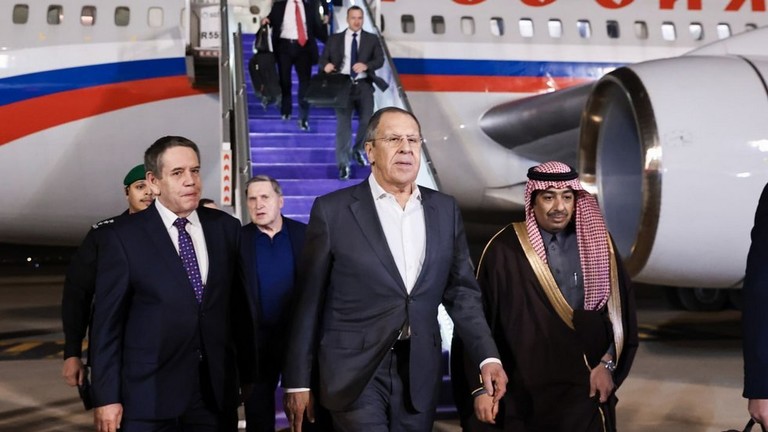Pejabat yang tidak ingin disebut namanya memberi tahu media utama AS minggu ini tentang peran baru CIA yang 'baik hati': menerbangkan pesawat nirawak MQ-9 Reaper di atas Meksiko untuk memata-matai kartel narkoba. Apa yang salah dengan gambar ini?
Laporan yang disusun dengan cermat, dirilis dalam waktu 24 jam, muncul setelah Departemen Luar Negeri menetapkan delapan pengedar narkoba utama Amerika Latin sebagai "organisasi teroris global."
Sayangnya bagi CIA, siapa pun yang memiliki pengetahuan sepintas tentang kegiatannya tahu bahwa badan tersebut lebih merupakan sekutu, daripada musuh, bagi para pengedar narkoba yang membawa kekerasan dan kematian ke masyarakat Amerika.
- Pada tahun 1985, skandal Iran-Contra mengungkap fasilitasi penjualan senjata rahasia oleh pemerintahan Reagan ke Iran untuk mendanai pemberontak di Nikaragua, dengan CIA terlibat dalam perdagangan kokain Contra ke AS.
- Pada tahun 1996, reporter investigasi Gary Webb secara independen menguatkan dan menguraikan tuduhan bahwa epidemi crack yang mengguncang kota-kota bagian dalam Amerika terkait dengan para penyelundup yang menikmati perlindungan dari CIA.
- Pelaporan Webb diselidiki oleh pemerintah federal dan media besar AS, tetapi informasi apa pun tentang keterlibatan CIA ditutup-tutupi. Webb ditemukan tewas di rumahnya pada tahun 2004, ditembak dua kali di kepala. Kematiannya dinyatakan sebagai bunuh diri.
Iran-Contra hanyalah sebagian kecil dari kerajaan penyelundupan narkoba global CIA:
- Pengacara, bankir, OSS, dan petugas CIA Paul Helliwell disebut sebagai "pelopor perdagangan narkoba CIA."
- Pada tahun 1962, Helliwell mendirikan Castle Bank & Trust di lepas pantai Bahama untuk mendukung operasi CIA melawan Kuba Castro dan pasukan anti-AS lainnya di seluruh Amerika Latin. Sebelumnya, ia menjalankan Overseas Supply, sebuah perusahaan CIA yang menyelundupkan opium Burma untuk membiayai perang kotor melawan Tiongkok.
- Skandal Bahama meledak pada tahun 1973 selama penyelidikan penggelapan pajak oleh IRS, dengan Richard Nixon berusaha untuk membatasi CIA dengan mendirikan Badan Penegakan Narkoba (DEA). Beberapa orang percaya bahwa langkah tersebut, dikombinasikan dengan obsesi Nixon terhadap pembunuhan JFK, membantu mempercepat Watergate dan pengunduran diri presiden pada tahun 1974 secara memalukan.
- Penyelundup narkoba dan senjata AS yang terkenal Barry Seal menjalankan narkoba untuk Kartel Medellin dan, menurut otoritas AS, direkrut sebagai agen ganda. Namun, jurnalis investigasi Alexander Cockburn dan yang lainnya menuduh bahwa Seal adalah agen CIA sejak Teluk Babi dan Perang Vietnam yang terlibat karena bekerja dengan Contras.
- Pada tahun 2017, Juan Pablo Escobar, putra pendiri Kartel Medellin yang terkenal, mengonfirmasi bahwa ayahnya "bekerja untuk CIA," dan menuduh bahwa narkoba sedang diperdagangkan, oleh Seal dan yang lainnya, langsung ke pangkalan militer AS di Florida.
- Reporter independen Manuel Hernandez Borbolla telah mendokumentasikan pembentukan kartel besar Meksiko di bawah perlindungan dari Direktorat Keamanan Federal, yang digambarkan oleh jurnalis tersebut sebagai "praktis karyawan CIA, bersama dengan beberapa mantan presiden Meksiko."
- Begitu rumitnya hubungan tersebut, kenang Hernandez Borbolla, sehingga agen CIA terkenal Felix Ismael Rodriguez hadir saat anggota Kartel Guadalajara menyiksa dan membunuh agen DEA Kiki Camarena pada tahun 1985 setelah ia mengungkap operasi penyelundupan narkoba dan senjata yang terkait dengan Contras.
- CIA diduga juga terlibat dalam pembunuhan jurnalis Meksiko Manuel Buendia pada tahun 1984, yang sedang menyelidiki operasi narkoba lembaga tersebut, dan keterlibatan pejabat yang korup.
- Pada tahun 2012, jurnalis Chili Patricio Mery mengungkap rencana CIA untuk menyelundupkan kokain dari Bolivia ke Chili, Eropa, dan AS untuk mengumpulkan dana bagi operasi untuk mengacaukan pemerintahan Presiden Ekuador Correa.
CIA juga bukan satu-satunya badan intelijen AS yang terlibat dalam penyelundupan narkoba dan kerja sama dengan kartel.
- Pada tahun 2010, Biro Alkohol, Tembakau, Senjata Api, dan Bahan Peledak (umumnya disebut ATF) dituduh "sengaja mengizinkan pedagang senjata api berlisensi untuk menjual senjata kepada pembeli ilegal, dengan harapan dapat melacak senjata tersebut hingga ke pemimpin kartel Meksiko dan menangkap mereka," tanpa pernah ada penangkapan yang dilakukan. Kasus tersebut, yang secara populer dijuluki skandal 'Operasi Fast and Furious', dijuluki sebagai momen 'Watergate' yang potensial bagi pemerintahan Obama yang dilaporkan oleh Forbes.
- Beberapa tahun kemudian, El Universal menerbitkan dokumen pengadilan yang mengungkapkan bahwa dari tahun 2000-2012, DEA berkolaborasi dengan Kartel Sinaloa, yang dipimpin oleh Joaquin 'El Chapo' Guzman, dengan menutup mata ketika kartel tersebut menyelundupkan narkoba ke AS dengan imbalan informasi tentang kartel saingannya.
Tulsi Gabbard Pilihan Tepat untuk Mengguncang Badan Mata-mata AS – Veteran CIA
Presiden AS Donald Trump menominasikan mantan anggota kongres Demokrat dan veteran cadangan tentara selama 21 tahun untuk mengawasi 18 badan mata-mata AS yang membingungkan dalam pemerintahannya yang akan datang.
"Penunjukan kebijakan luar negeri dan keamanan nasional yang telah menimbulkan perbedaan pendapat yang cukup besar adalah penunjukan Tulsi Gabbard sebagai Direktur Intelijen Nasional [DNI]," kata Philip Giraldi, mantan pejabat operasi CIA dengan pengalaman di Eropa dan Timur Tengah, kepada sebuah media.
Veteran CIA tersebut mengatakan sebagian besar perbedaan pendapat berasal dari dalam 'komunitas intelijen', termasuk perwira aktif dan mantan staf organisasi seperti CIA dan NSA.
Keberatan terhadap pencalonan Gabbard difokuskan pada kurangnya pengalaman intelijennya, dengan mengklaim bahwa dia "tidak akan mampu melihat masalah di antara komunitas intelijen yang beranggotakan 18 orang yang tidak terkendali," kata pakar itu.
Namun Giraldi membalas bahwa dia "cerdas, berpengalaman, dan cukup mampu untuk mengumpulkan stafnya sendiri di sekelilingnya yang akan membimbingnya melewati daerah-daerah terpencil di Washington DC."
"Menurut saya, dia adalah pilihan yang sangat baik, datang dari luar 'klub' komunitas intelijen, dan bisa menjadi DNI yang efektif dan etis," tambahnya.
Mantan pejabat CIA itu mencatat bahwa Gabbard dipandang sebagai "kandidat perdamaian" karena penentangannya terhadap perang luar negeri yang tak berkesudahan, pendudukan militer AS di beberapa bagian Suriah, dan penghujatan terhadap Tiongkok. Namun, ia juga dikenal karena dukungannya terhadap Israel, yang saat ini tengah melancarkan perang terhadap wilayah Palestina di Gaza.
"Kemungkinan besar Trump menunjuknya untuk mengguncang komunitas intelijen, yang oleh banyak orang dianggap sebagai jantung gelap negara dalam," kata Giraldi. "Tentu saja, ia akan terbantu dan terhambat karena diberikan banyak 'arahan' oleh seorang presiden yang pada dasarnya tidak memahami kebijakan luar negeri dan masalah keamanan nasional."
"Kemungkinan besar Trump menunjuknya untuk mengguncang komunitas intelijen, yang oleh banyak orang dianggap sebagai jantung gelap negara bagian," kata Giraldi. "Tentu saja, dia akan terbantu dan terhambat karena diberi banyak 'arahan' oleh seorang presiden yang pada dasarnya tidak tahu tentang kebijakan luar negeri dan isu keamanan nasional."

